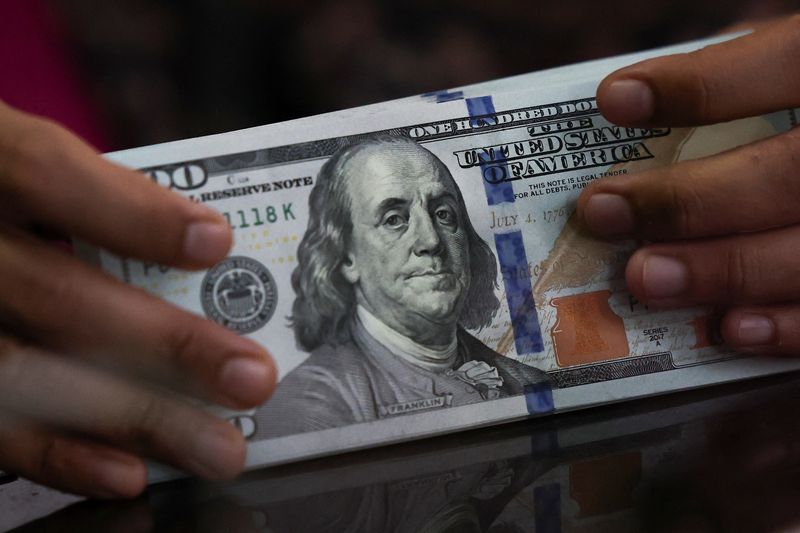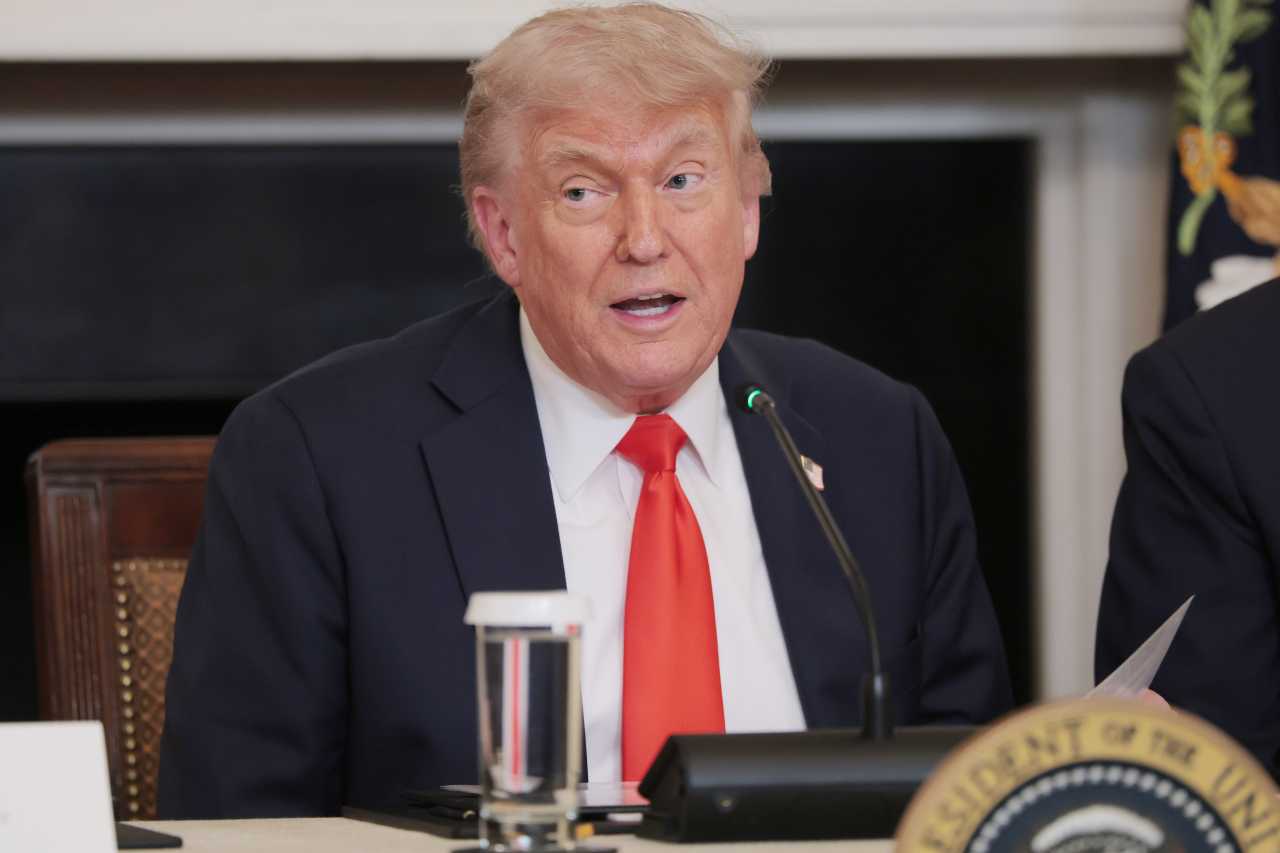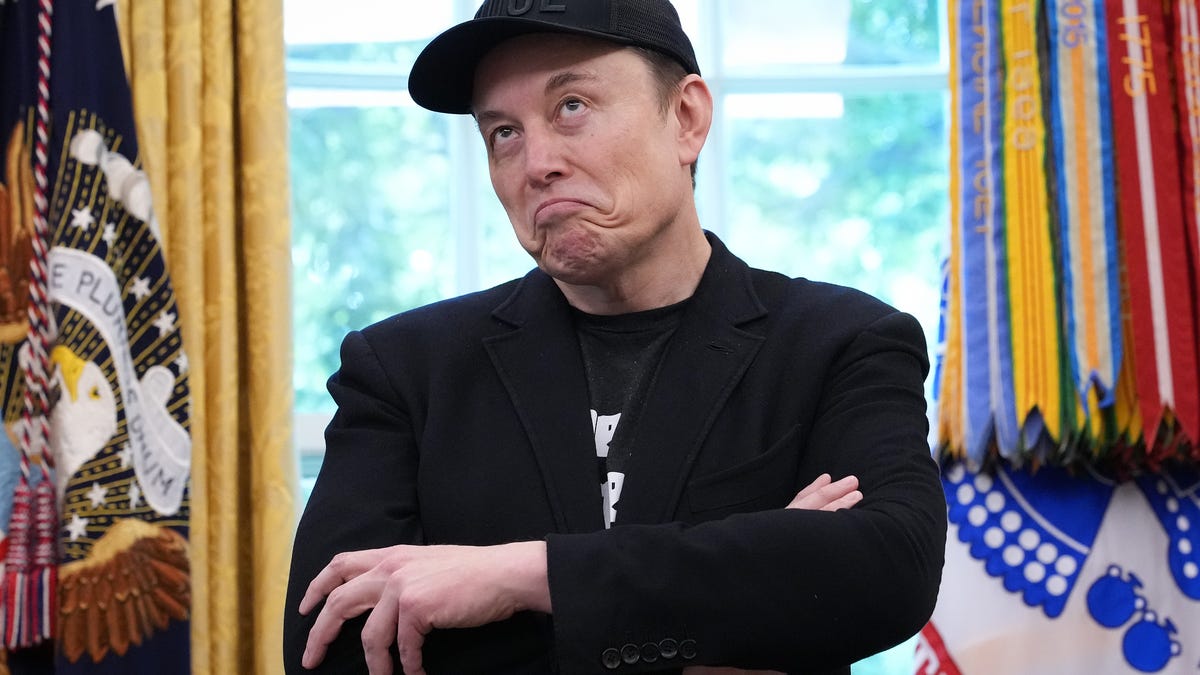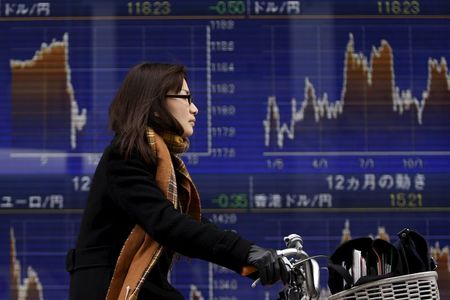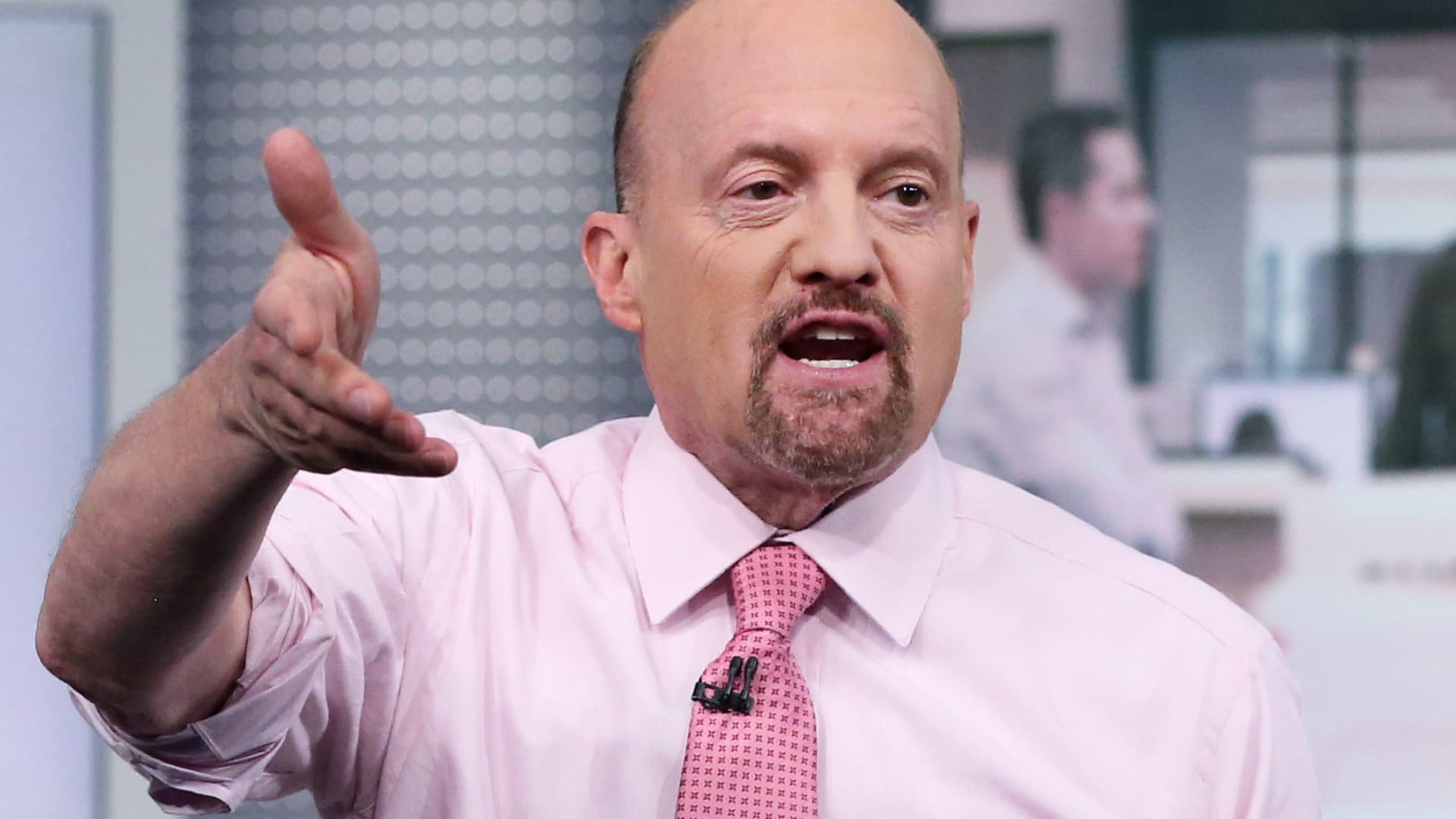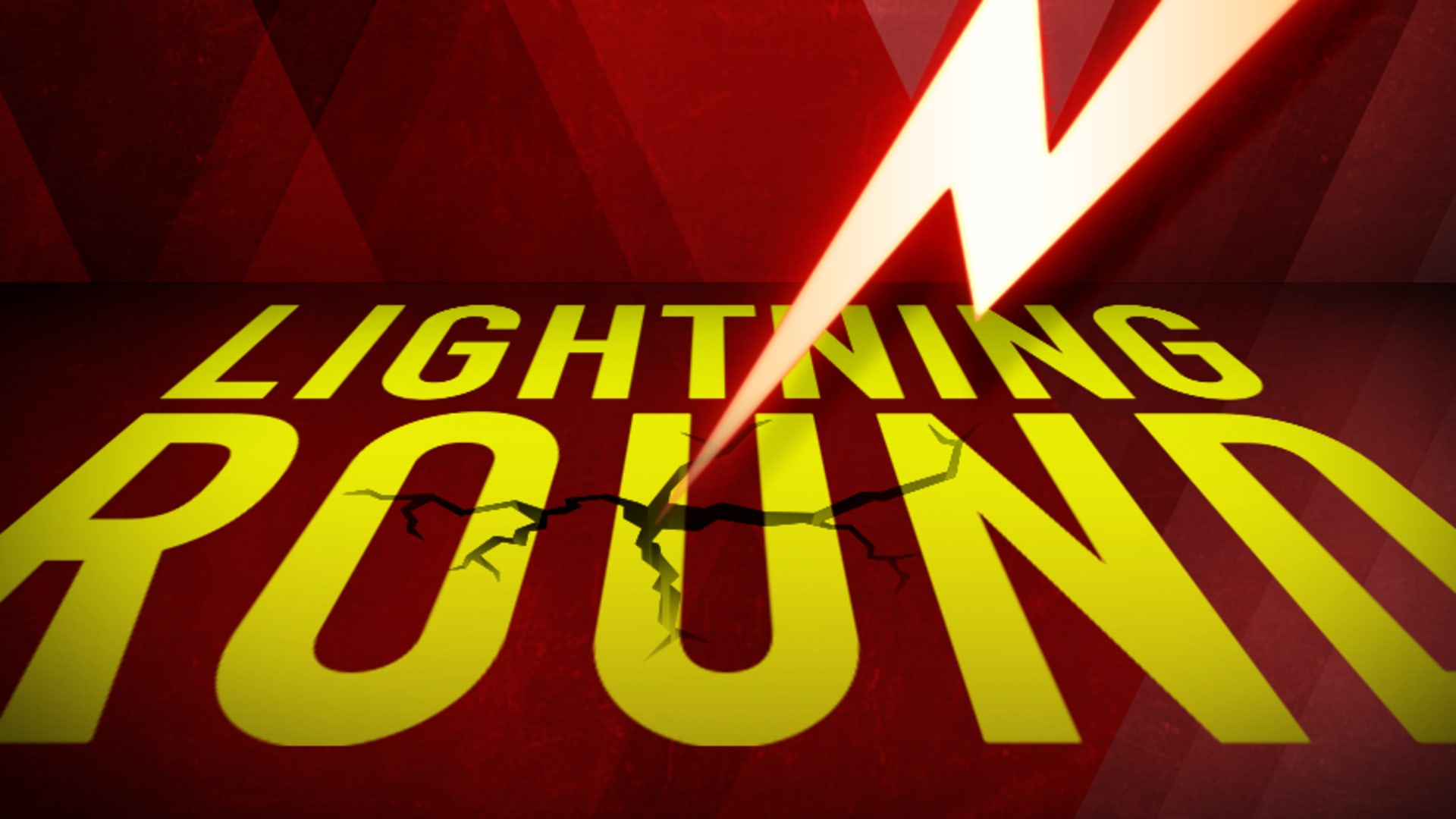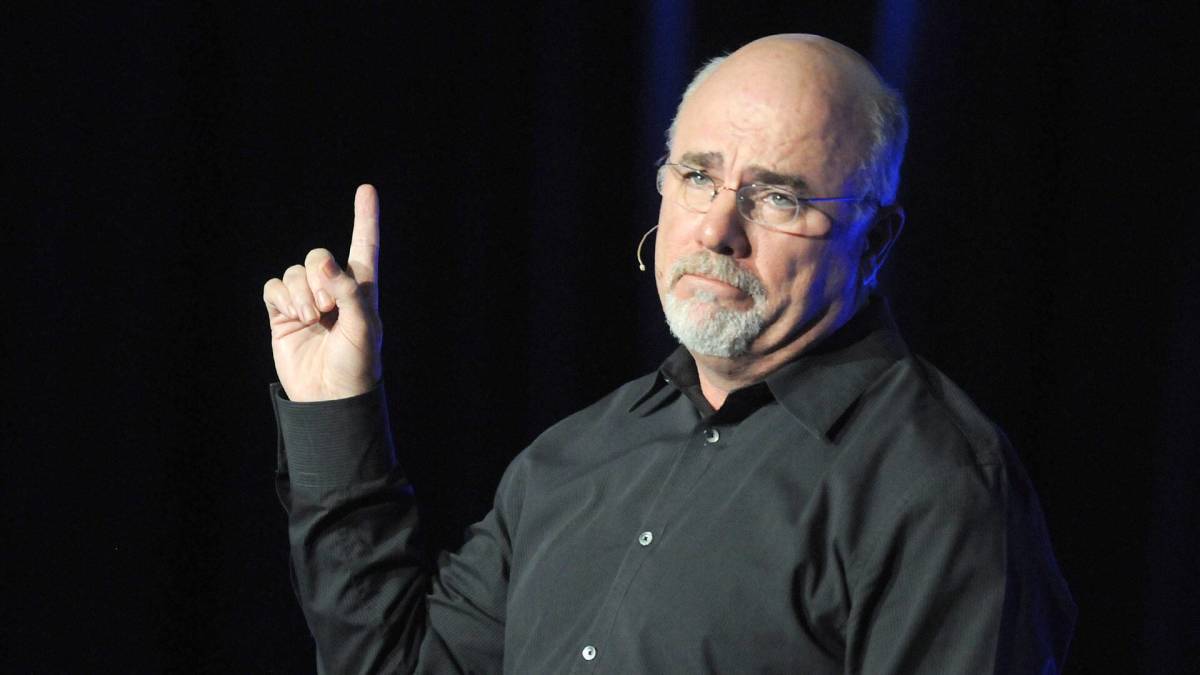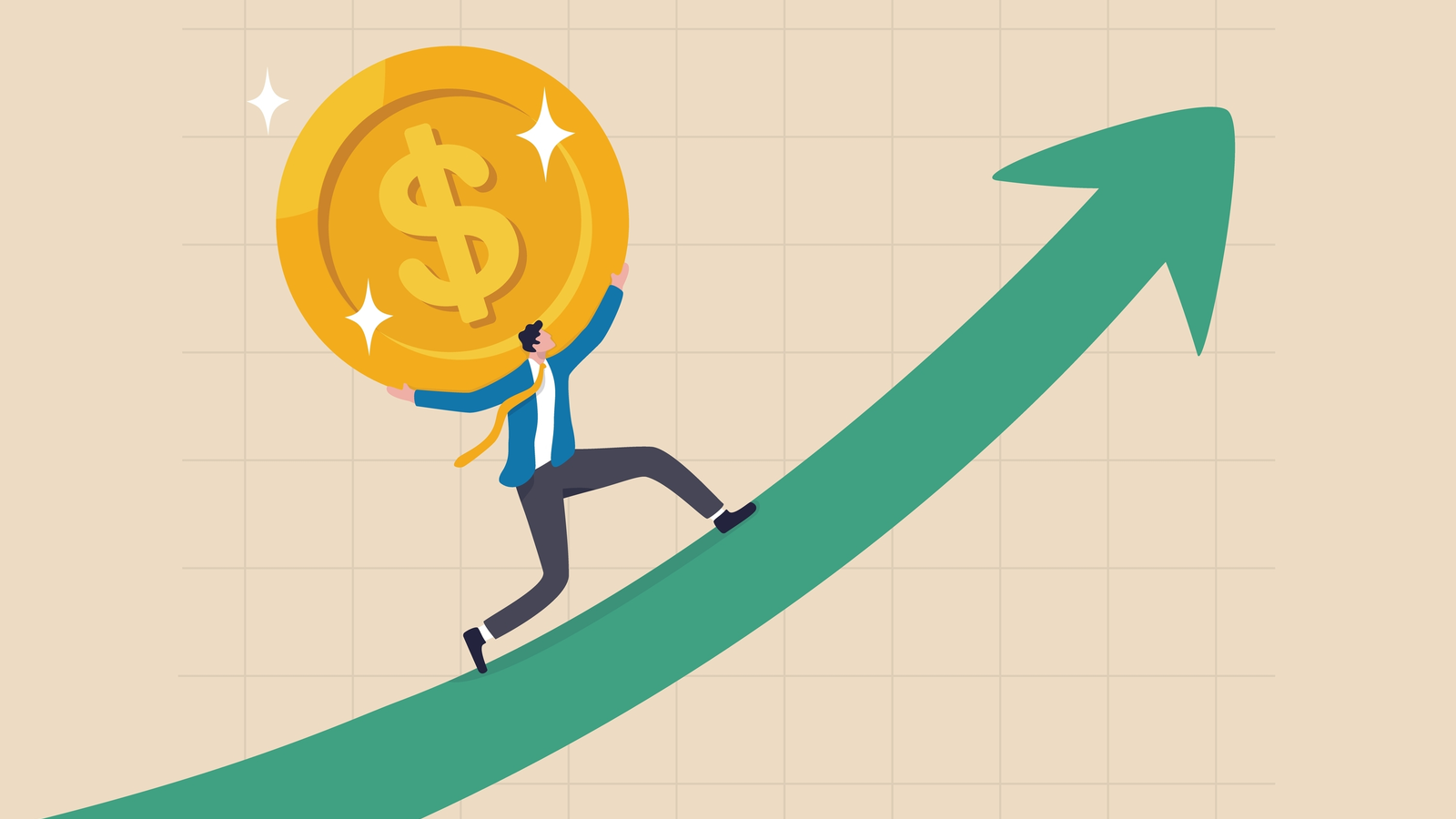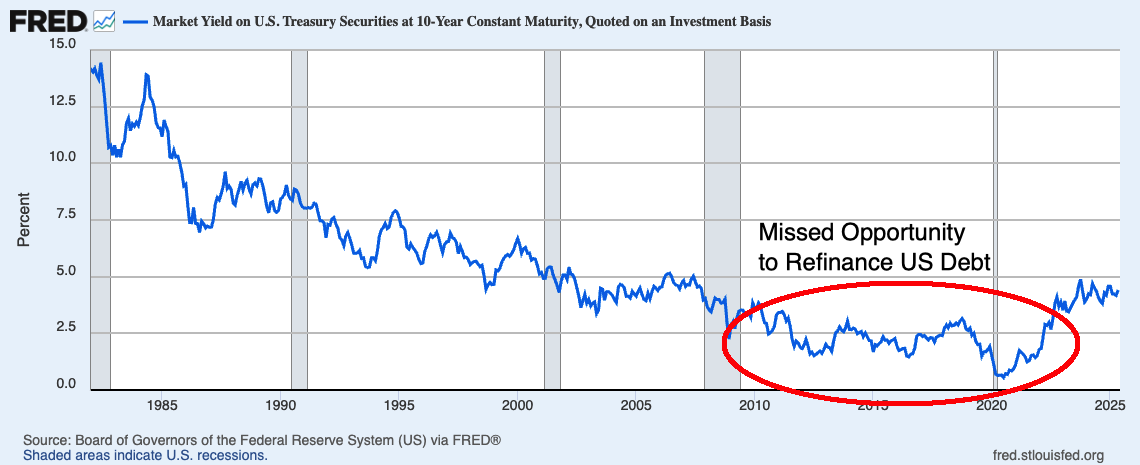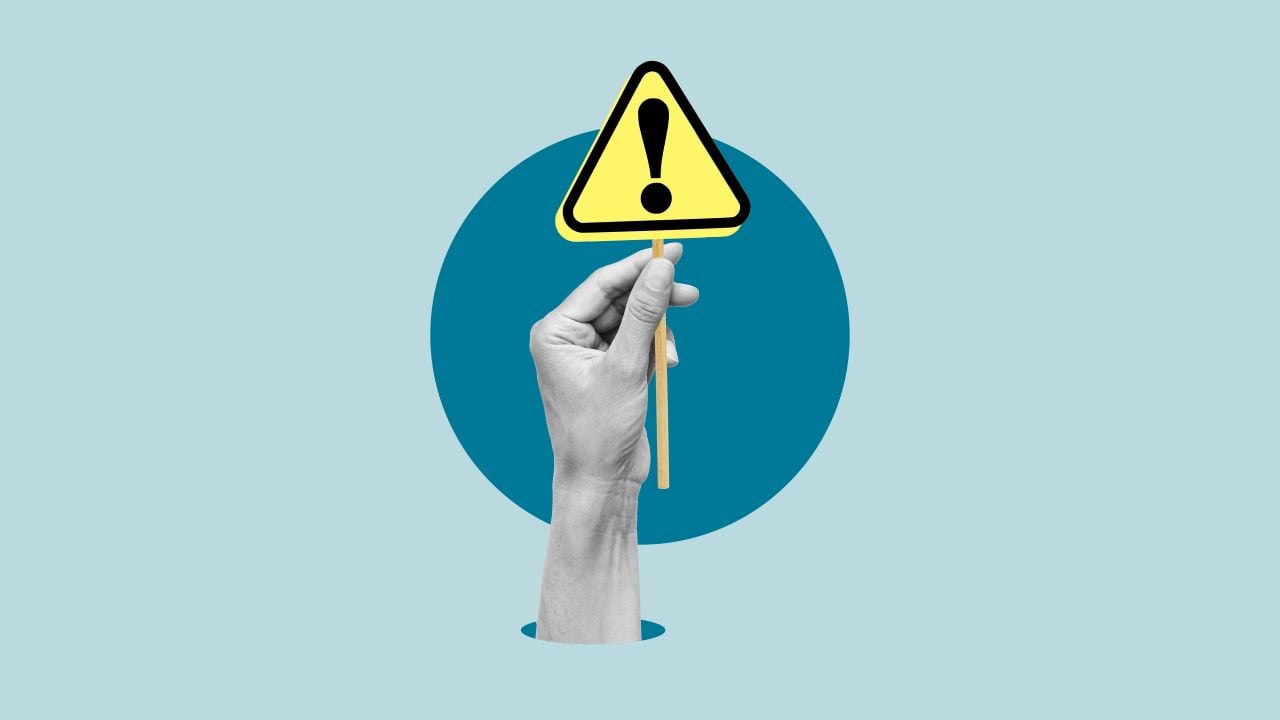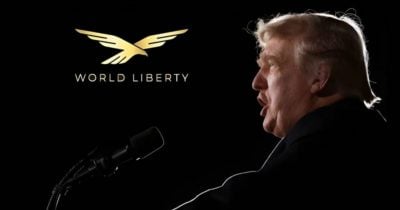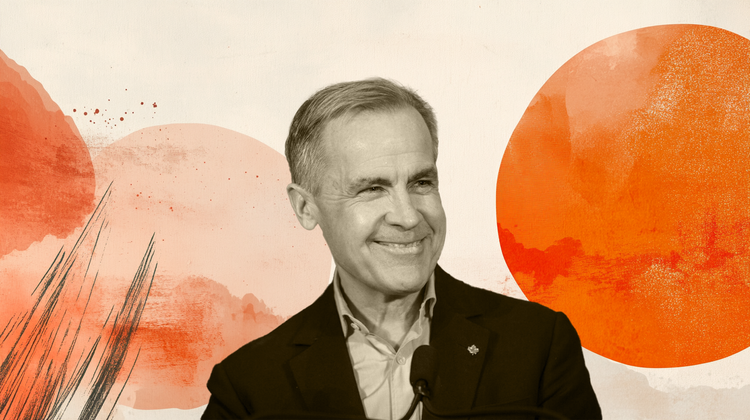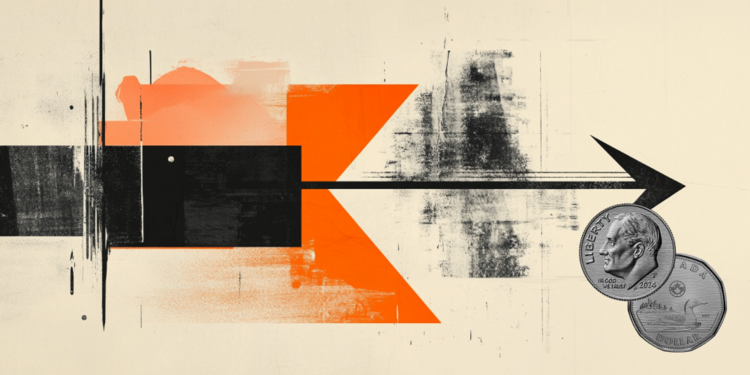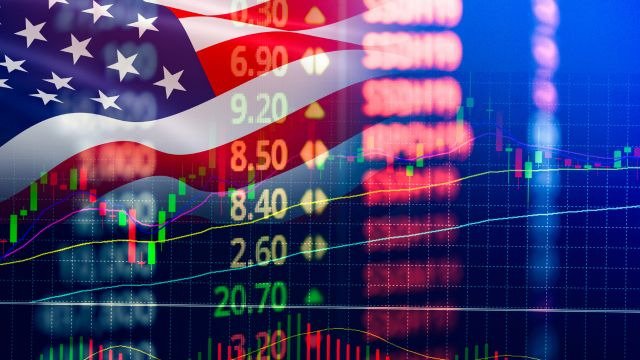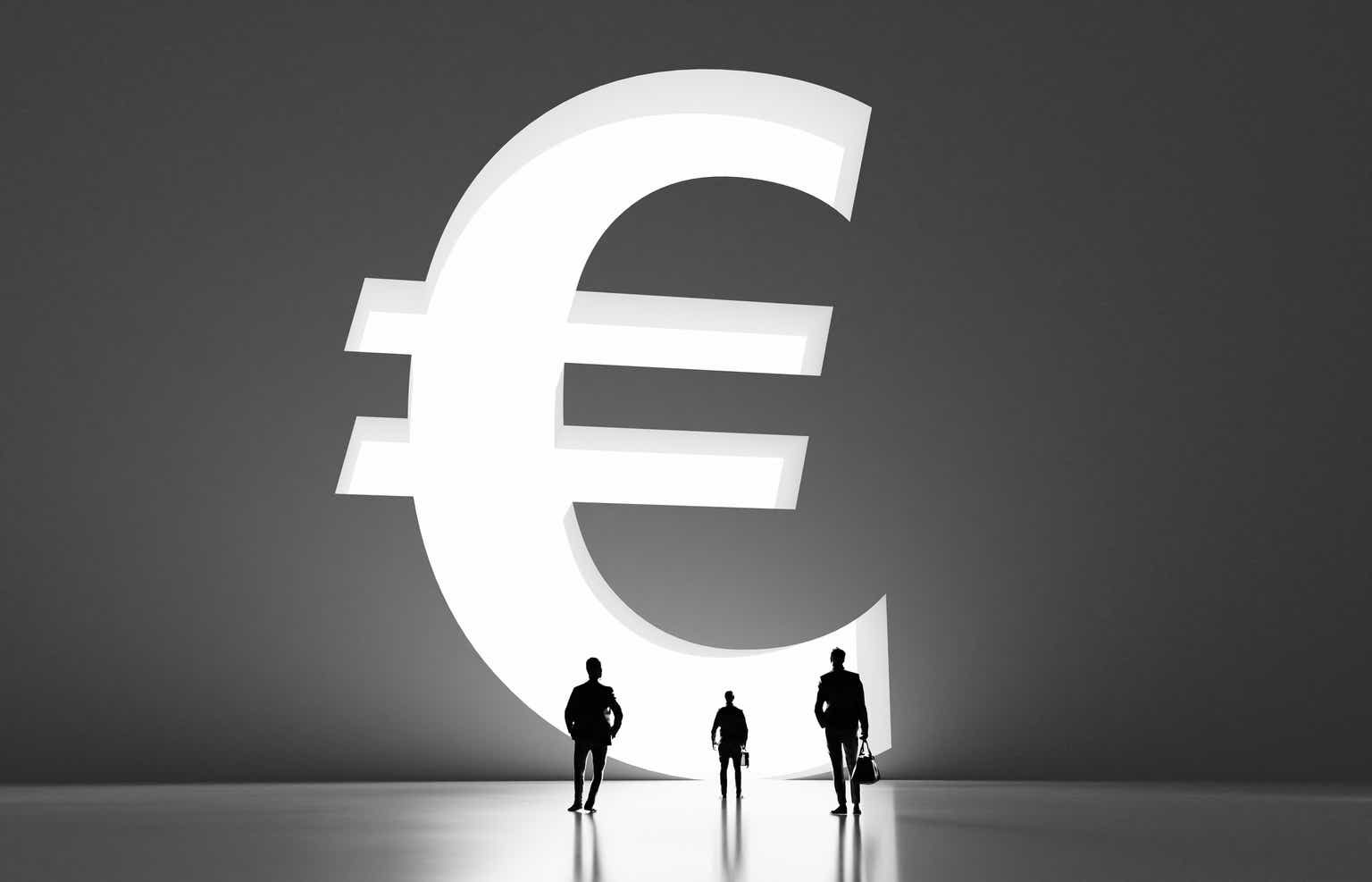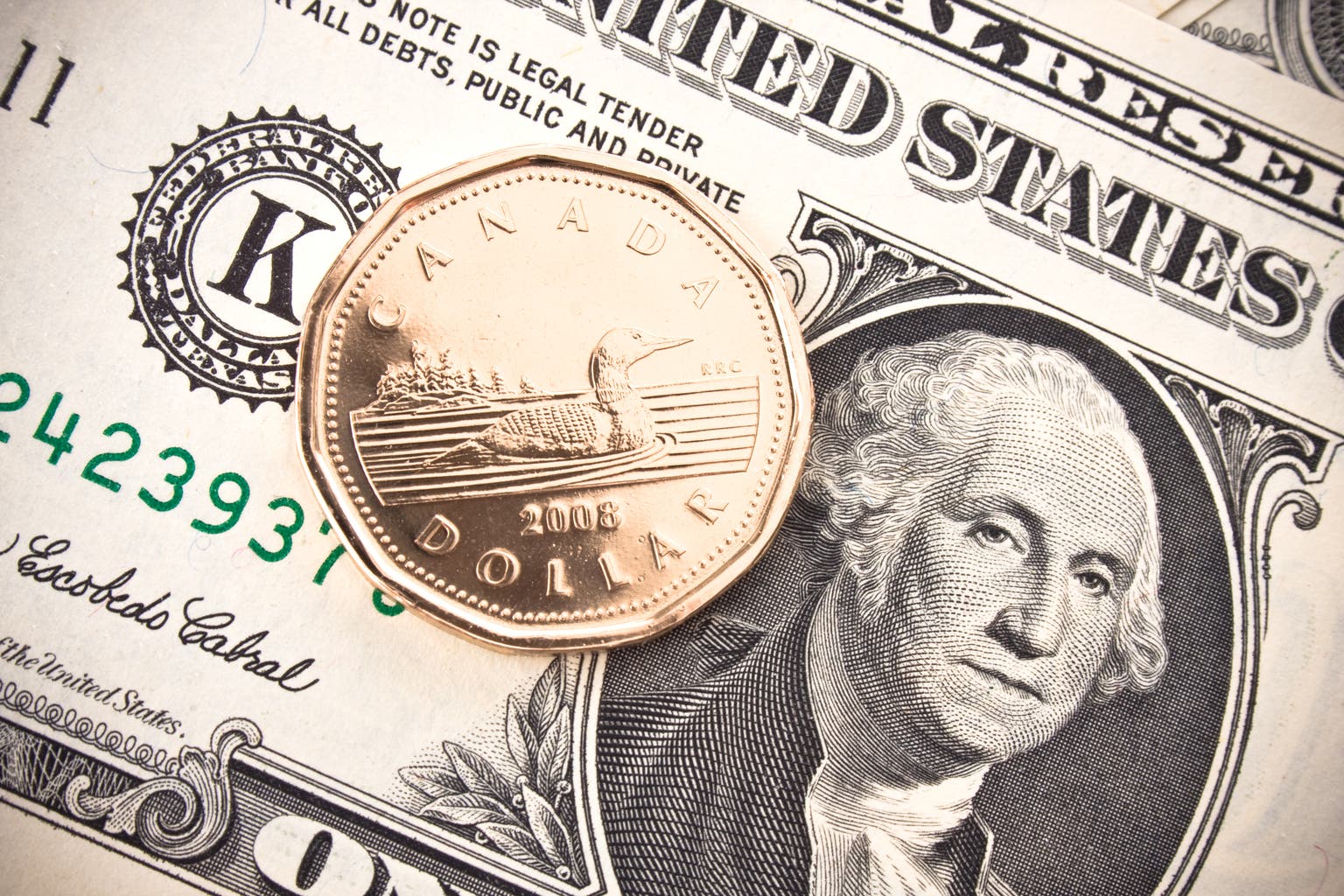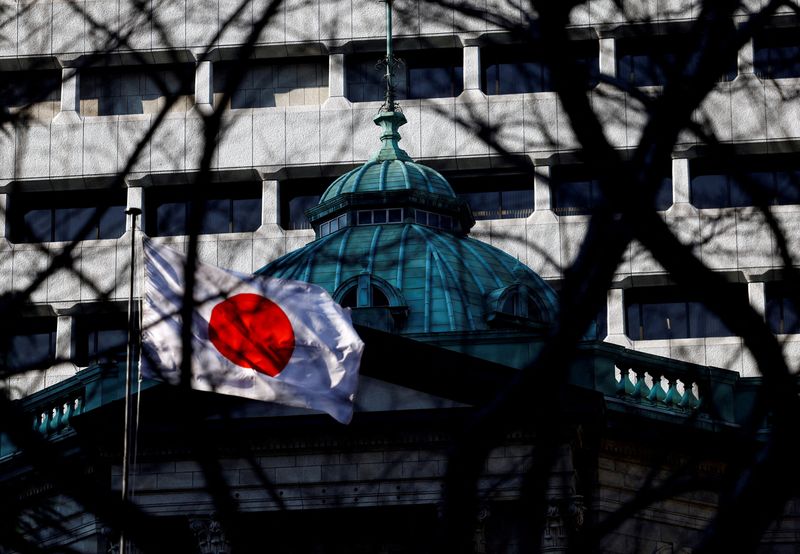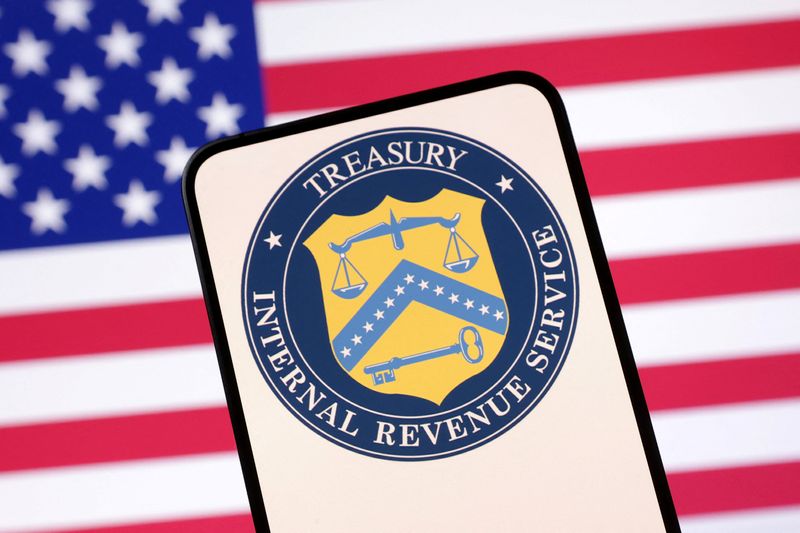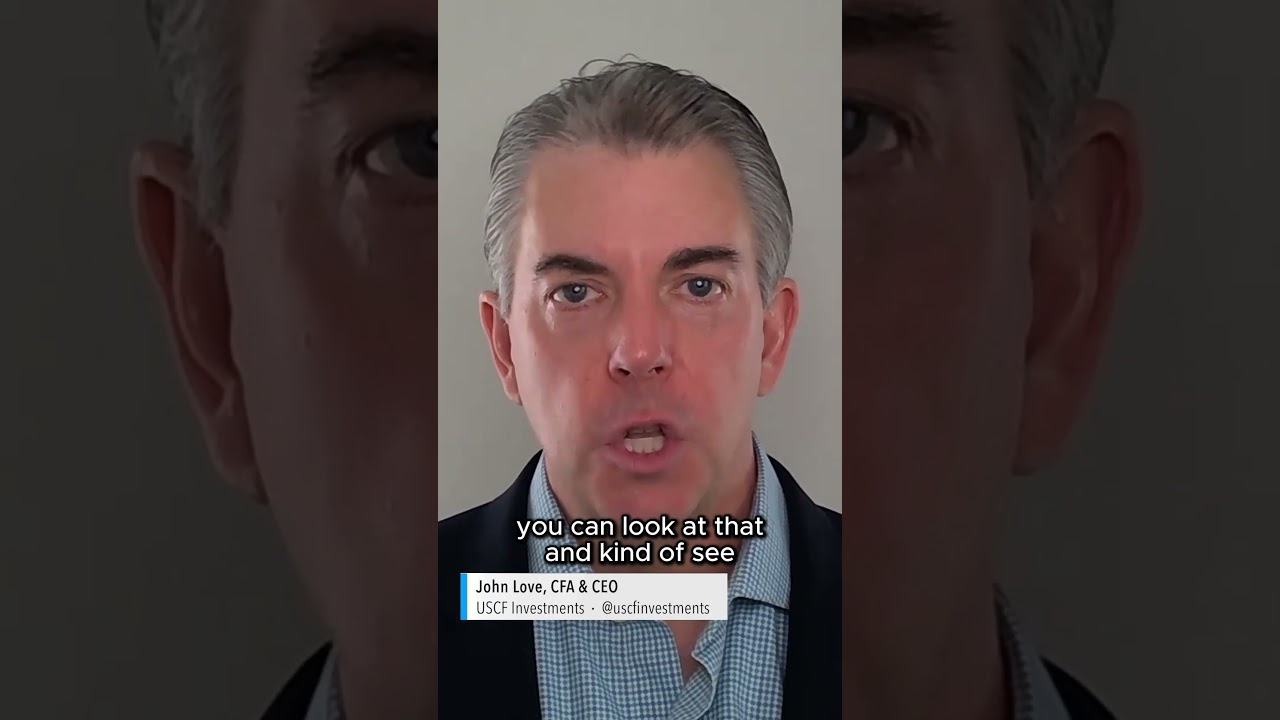The GOP’s anti-tax guru says tariffs are ‘not as good as an income tax’ for revenue
Arthur Laffer supports many pillars of Trumponomics—but he says expectations that tariffs will raise revenue are misplaced.

- Arthur Laffer supports many of Trump’s policies but differs with the president on tariffs. The conservative economist, whose argument for lower tax rates has shaped Republican policy since the 1980s, says tariffs are “not as good as an income tax” for collecting revenue.
Arthur Laffer, the conservative economist who first came up with the counterintuitive idea that lowering tax rates could lead to more tax collected, isn’t a huge fan of President Donald Trump’s tariffs.
A tariff is “not as good as an income tax as far as collecting revenue goes,” Laffer told Politico Tuesday.
Laffer told the outlet that the impact of the tariffs will be “probably not very large either way,” neither filling the government’s coffers nor causing a massive drop-off in imports.
“By raising tariffs, of course, you do collect more money per unit of import,” he said. “But it’s also true that you cause weakness in the economy and you lose revenues elsewhere in the system. The net effect is probably not very large either way.”
Laffer, who received the Presidential Medal of Freedom during Trump’s first term, has spoken admiringly of the president’s negotiating skills and many of his policies, including cutting taxes. But he has nonetheless been critical of his tariff regime.
“Not only are tariffs a tax, but they are far worse than income taxes,” Laffer wrote in a recent research note.
“Tariffs do cost jobs and do reduce productivity as a result of a loss of the comparative advantage gains from trade,” he wrote, and, by diminishing the level of commerce, they prompt “domestic governments to raise tax rates everywhere. This perverse government response is a sure-fire way of causing an economic bust.”
The White House did not immediately respond to a request for comment.
The Laffer Curve
Laffer is best known for popularizing the concept of diminishing returns on taxation, exemplified by the “Laffer Curve.” Legend has it that Laffer drew the curve during a Washington party in 1974 to argue against raising the tax rate. The curve shows that there is some rate of taxation, between zero and 100%, that results in the maximum level of revenue for the government. A tax rate that is too low leads to very little revenue, but so does a tax rate that is too high, because it incentivizes people to work less or hide their profits.
The Laffer Curve has been criticized for oversimplifying the relationship between work and taxes, and where exactly the “best” tax rate falls is a matter of heated debate.
But Laffer isn’t the first to note that tariffs could create a lot less revenue than anticipated, let alone fulfil the dream once floated by Trump of completely replacing income taxes. (Treasury Secretary Scott Bessent said Sunday he expects tariffs to add $100 billion a year to U.S. coffers—a fraction of the $2.4 trillion collected in income tax.) The free-market American Enterprise Institute encapsulated the tariff dilemma in a recent blog post: “The more successfully tariffs cut imports, the fewer goods remain to tax.”
As for Laffer, he hopes Trump’s tariffs are nothing but a negotiating tool on the way to “freer trade,” he told Politico. “I think he really wants [other countries] to come to the table and reduce their tariffs on us,” he told the outlet. “That would be wonderful.”
This story was originally featured on Fortune.com



